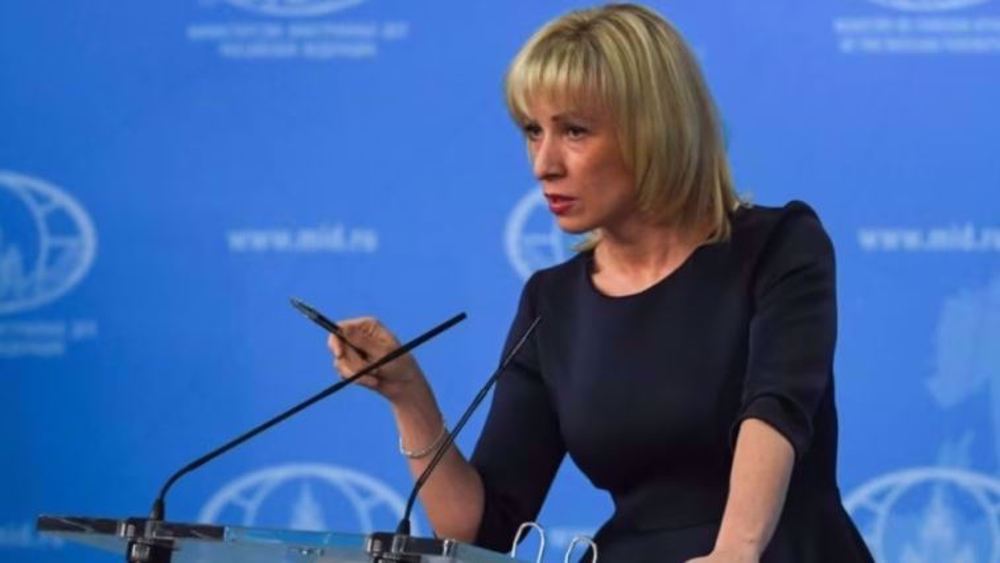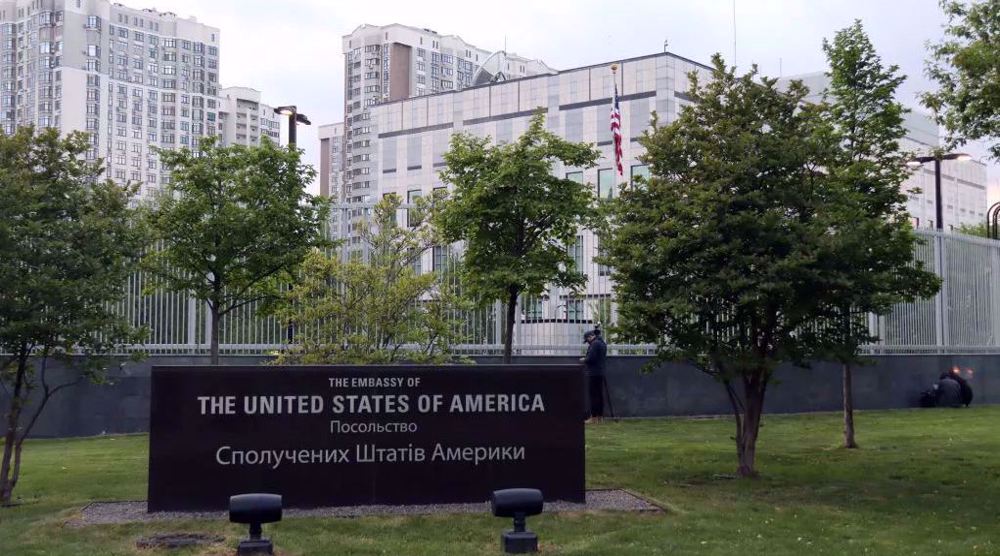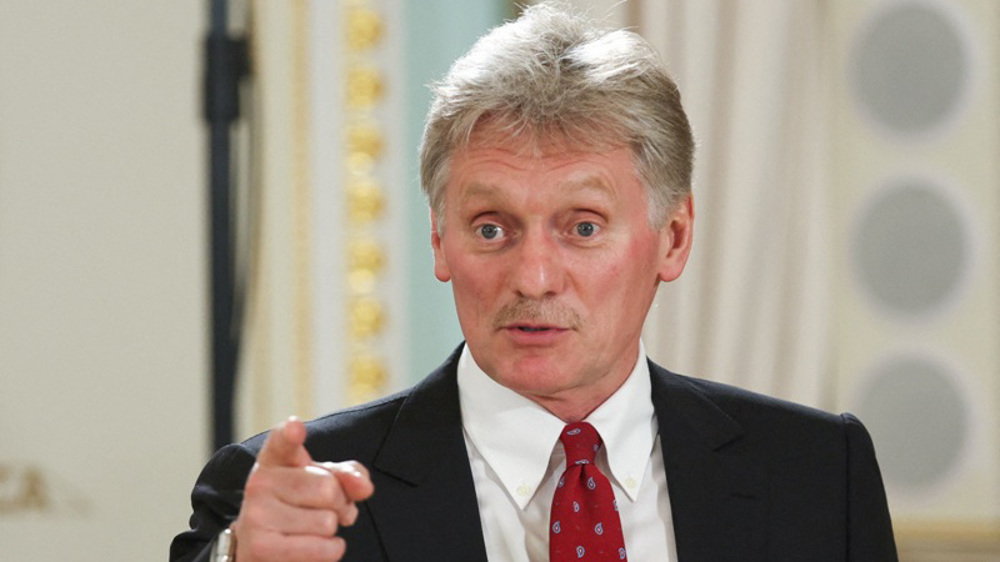Pentagon chief accuses China of aggressive behavior, vows more deployment to Asia
Pentagon chief Mark Esper has accused China of destabilizing the Indo-Pacific region after saying the US plans to deploy intermediate-range missiles to Asia “sooner rather than later.”
During a visit to the Australian capital on Sunday, Ester accused Beijing of following a “disturbing pattern of aggressive behavior [and] destabilizing behavior.”
"We firmly believe no one nation can or should dominate the Indo-Pacific and we are working alongside our allies and partners to address the region's pressing security needs,” he told reporters in Sydney.
“This [aggressive behavior] includes weaponizing the global commons, using predatory economics and debt for sovereignty deals, and promoting state-sponsored theft of other nations' intellectual property," Esper charged.
His remarks echoed comments by US Secretary of State Mike Pompeo, who said "decades of bad behavior" from China have hampered free trade.
Esper, who is travelling to Australia alongside Pompeo, also said earlier that he was in favor of deploying ground-based missiles to Asia within “months.”
He did not specify an exact timeline, the types of weapons the Pentagon would deploy and where exactly they would be positioned. “These things tend to take longer than you expect,” he said.
The plan is expected to anger Beijing, who has already warned Washington against military presence in the region.
Esper, however, said China should not be surprised by the US plans, “because we have been talking about that for some time now.”
The announcement came not long after Washington terminated a Cold War-era treaty, Intermediate-Range Nuclear Forces (INF), with Russia, which banned missiles with ranges of 500-5,500 kilometers.
The withdrawal on Friday followed accusations by the US administration that Moscow had violated the treaty by deploying a new type of cruise missile, a charge Russia denies.
The US already planned to start testing a new class of missiles later this summer.
The New York Times said the first deployments are likely to be intended to counter China, whose growing military power has long become a cause of concern for Washington.
Many observers have warned that the treaty's demise would lead to an arms race between the US, Russia and China.
President Donald Trump claimed that to avoid a nuclear arms race, his administration had been speaking to Russia "about a pact for nuclear, so that they get rid of some, we get rid of some."
"We'd certainly have to include China at some point," Trump added.
The US president claimed that China "was very, very excited about talking about it and so was Russia. So I think we'll have a deal at some point."
The United States is locked in a bitter trade war with China, as well as a row over what the US describes as freedom of navigation in the South China Sea, over which Beijing claims sovereignty.
VIDEO | Palestinians inspect rubble of destroyed building in Rafah
Yemeni forces strike US, Israeli vessels in fresh pro-Palestinian operations
‘Say no to Biden’: US college being pressed not to endorse genocide
VIDEO | UN: Alarming food insecurity crisis grips Afghanistan
VIDEO | Stuck in quagmire
UK suspends legal assessments of Israeli violations in Gaza
Students protest at US universities to urge end in financial ties to Israel
Biden signs war aid bill supplying Israel, Ukraine with more weapons
















 This makes it easy to access the Press TV website
This makes it easy to access the Press TV website